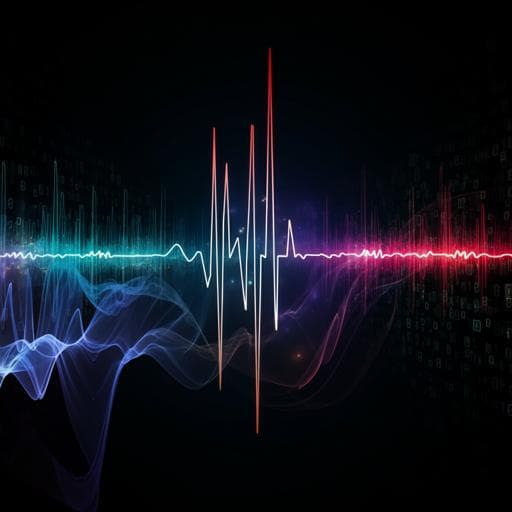
Medicine and Health
A machine learning-based approach for constructing remote photoplethysmogram signals from video cameras
R. C. Ontiveros, M. Elgendi, et al.
Discover how Rodrigo Castellano Ontiveros, Mohamed Elgendi, and Carlo Menon have developed a cutting-edge machine learning model that enhances the accuracy of remote photoplethysmography signals extracted from videos. This breakthrough could revolutionize remote healthcare by making monitoring heart signals as reliable as traditional methods!
Related Publications
Explore these studies to deepen your understanding of the subject.







